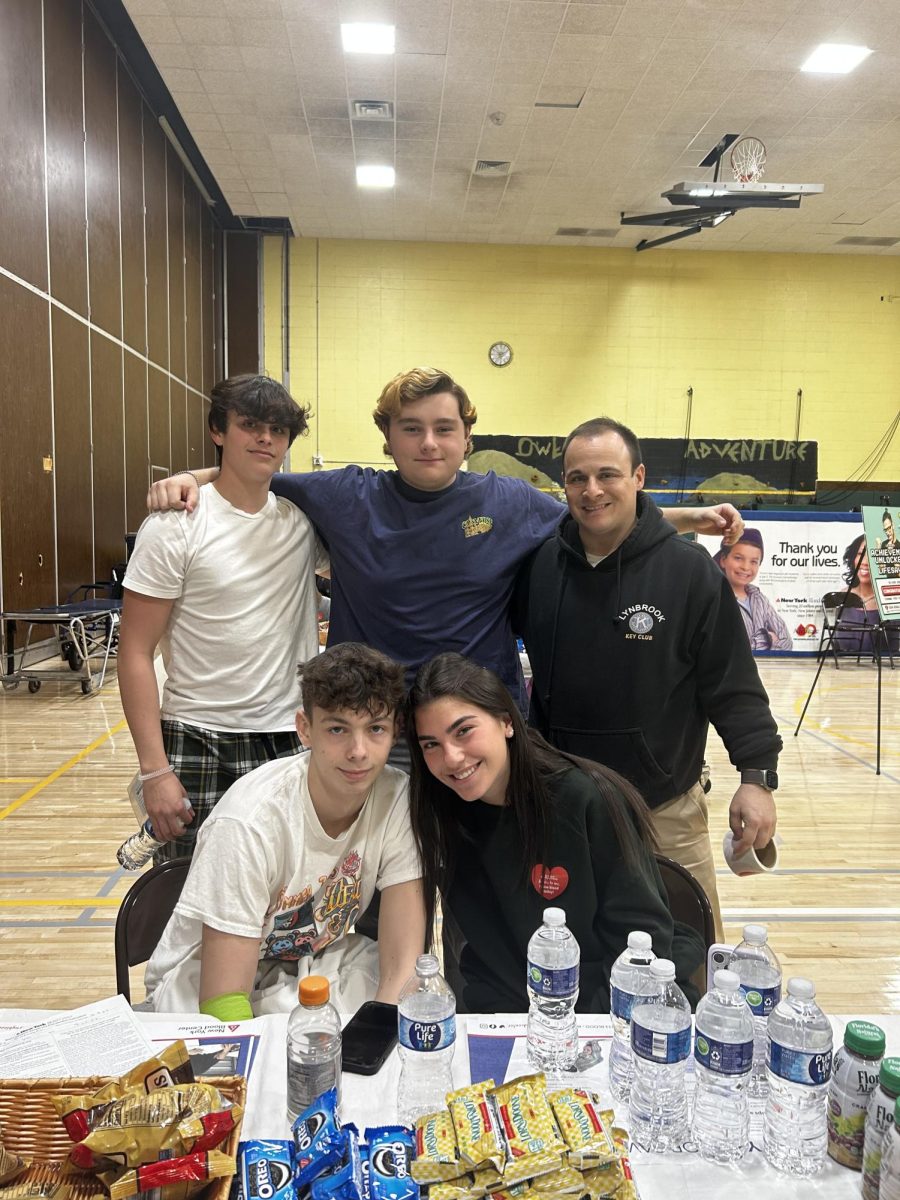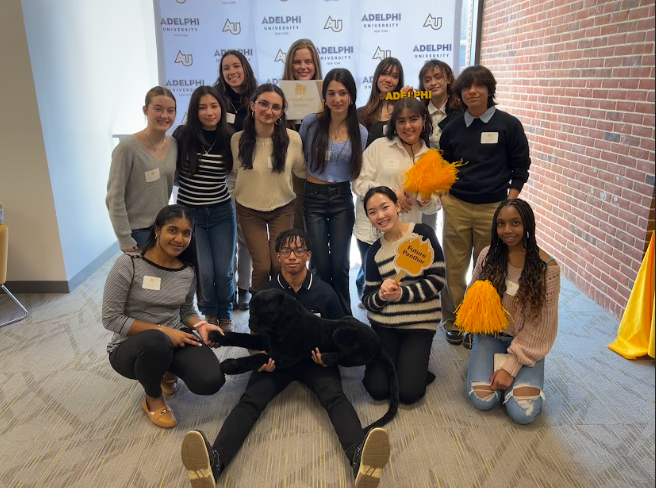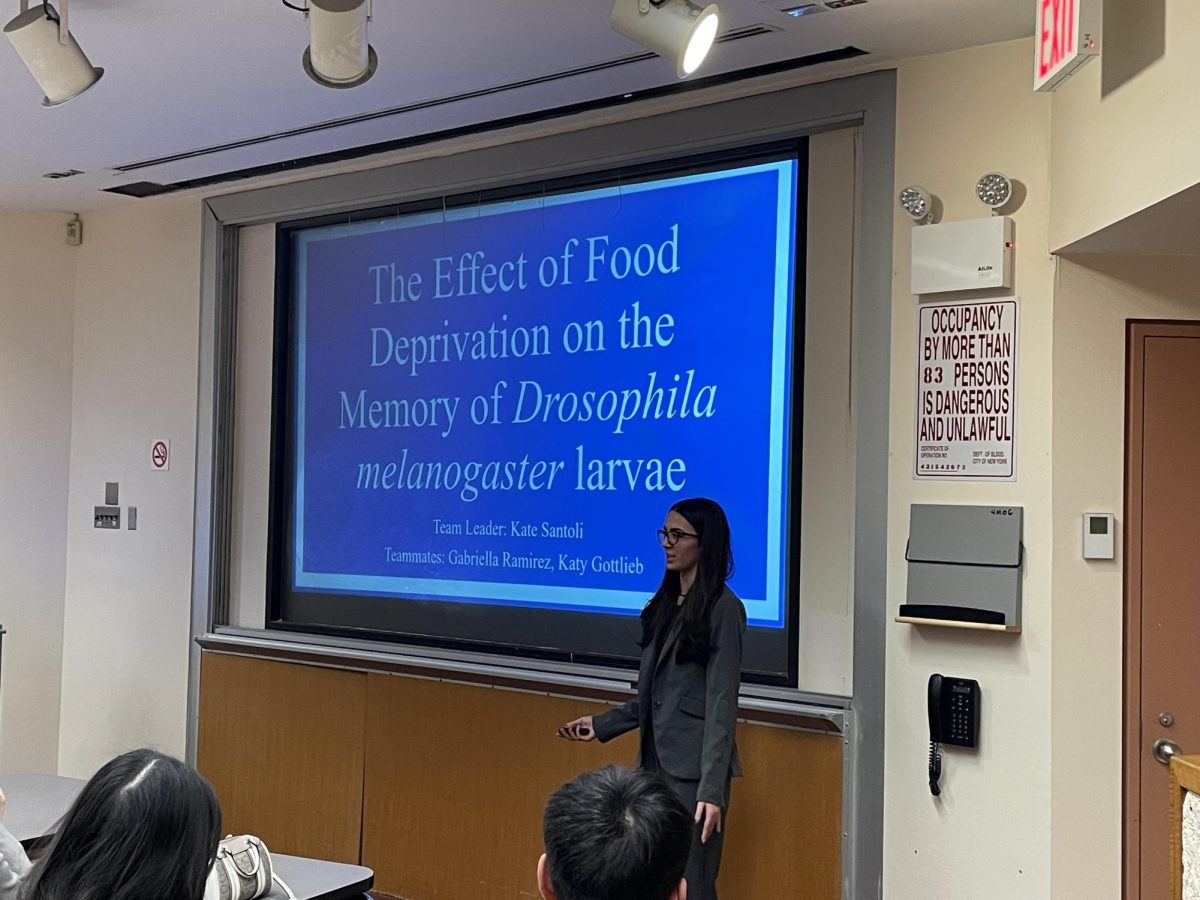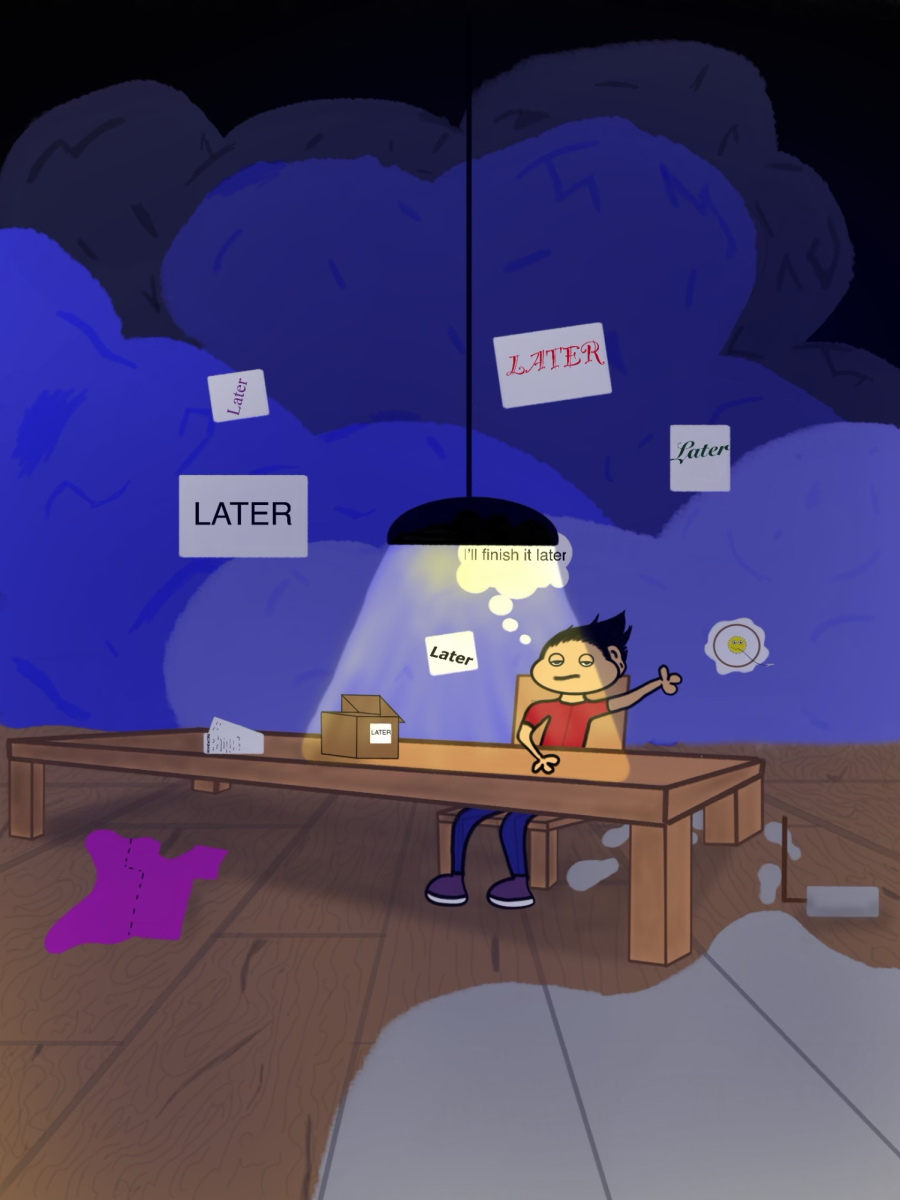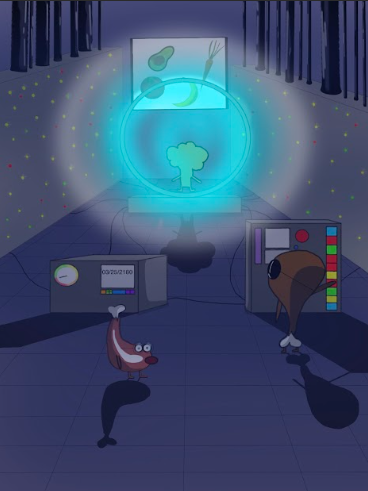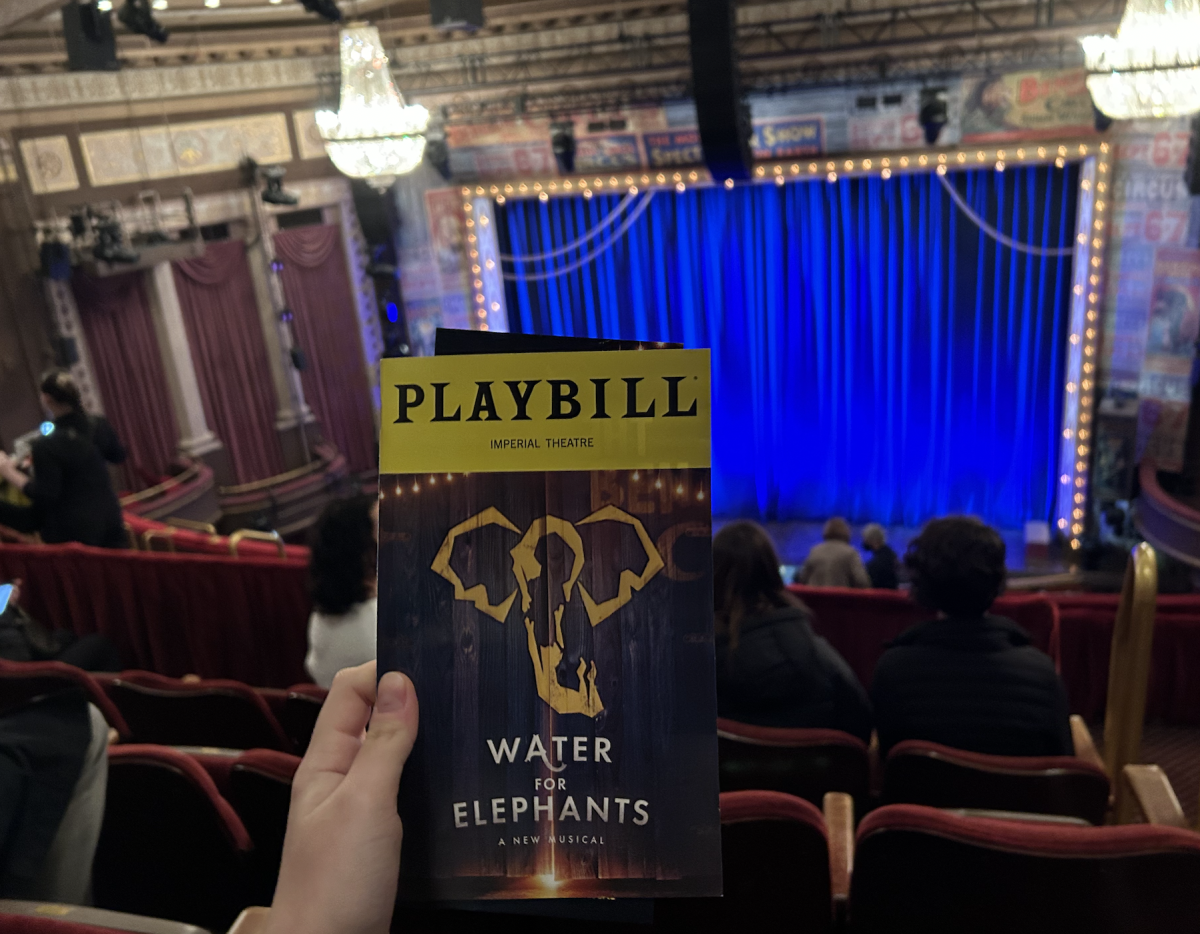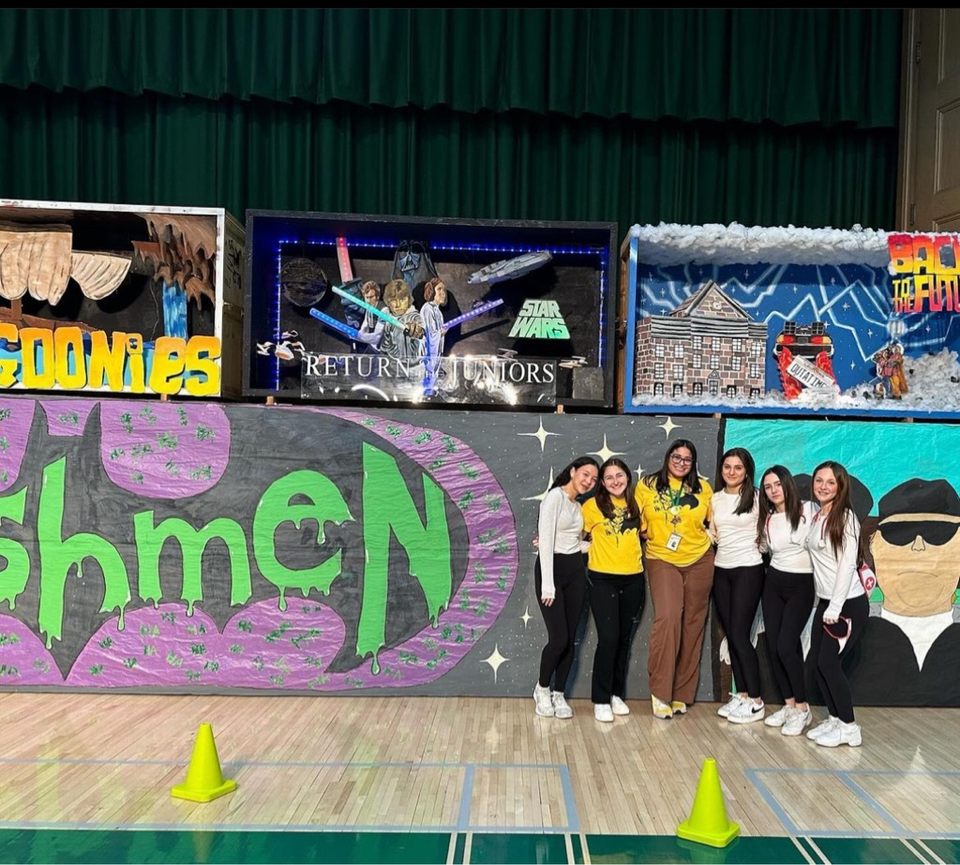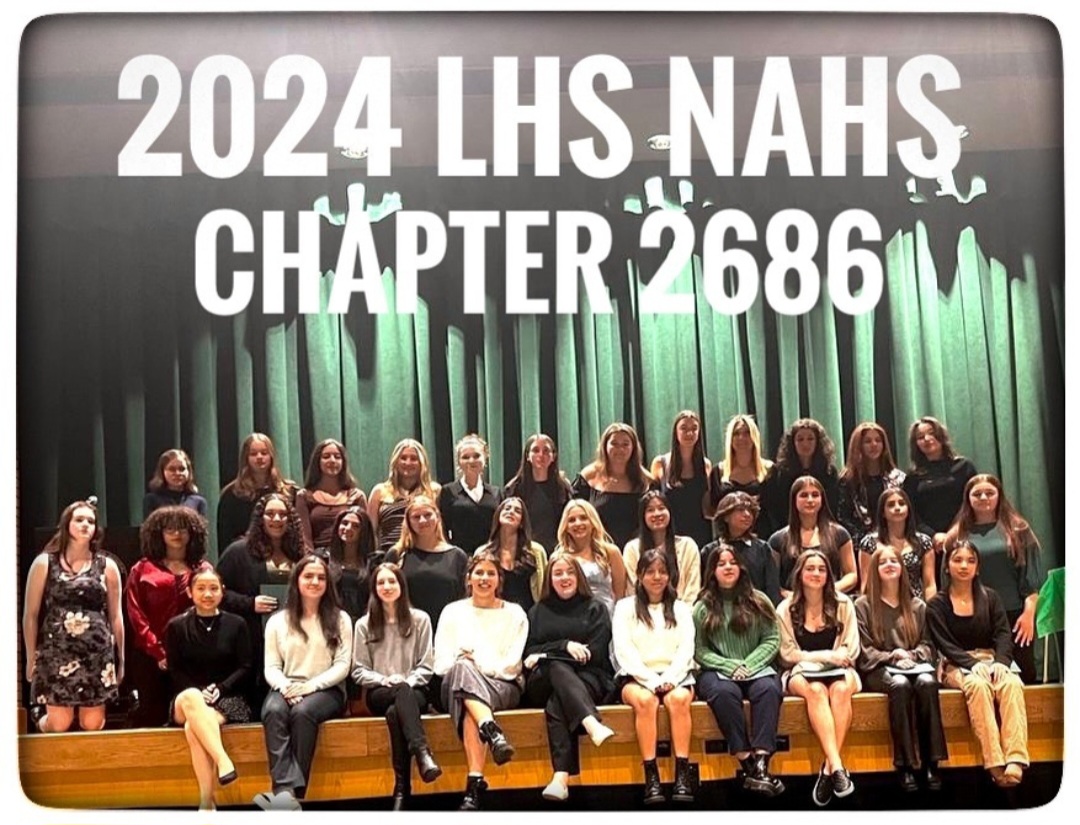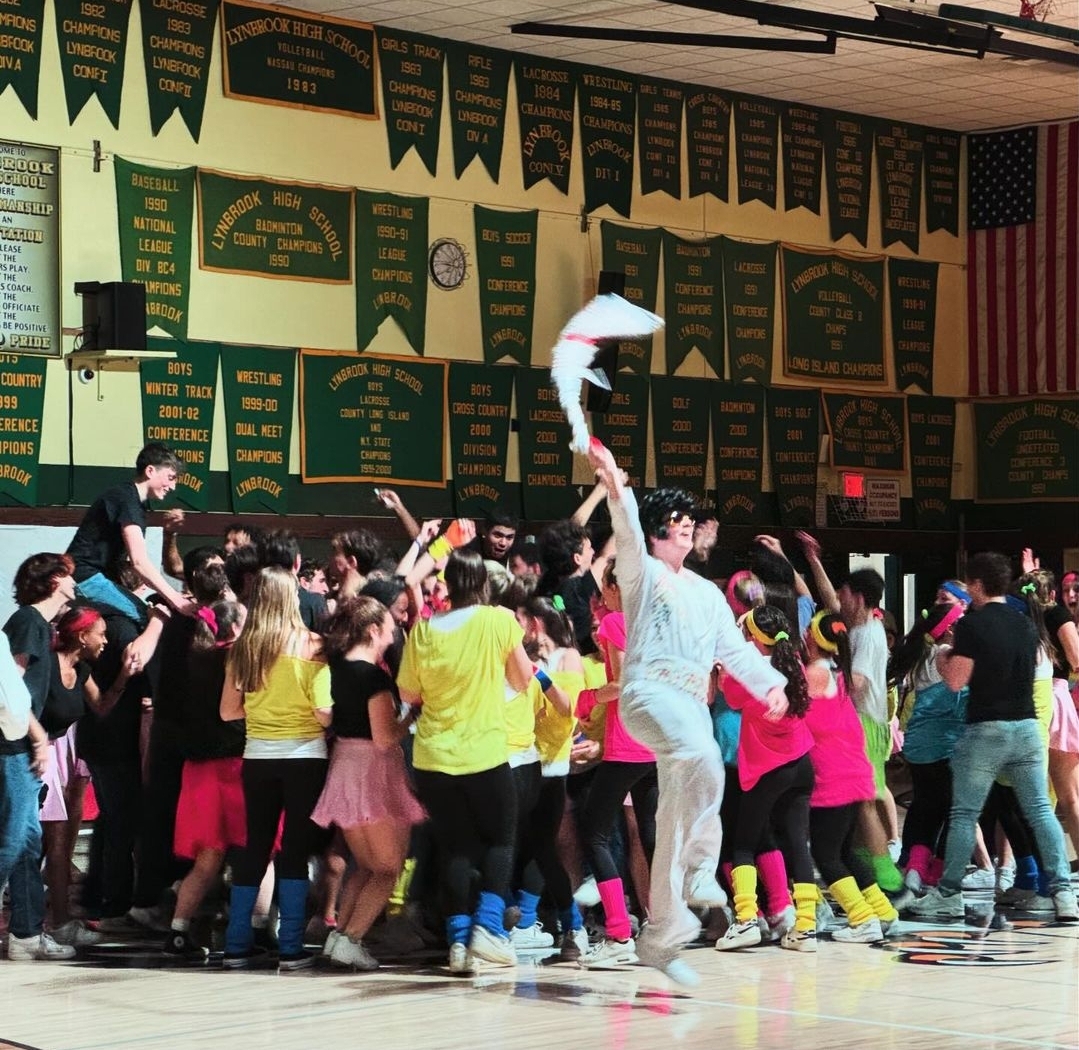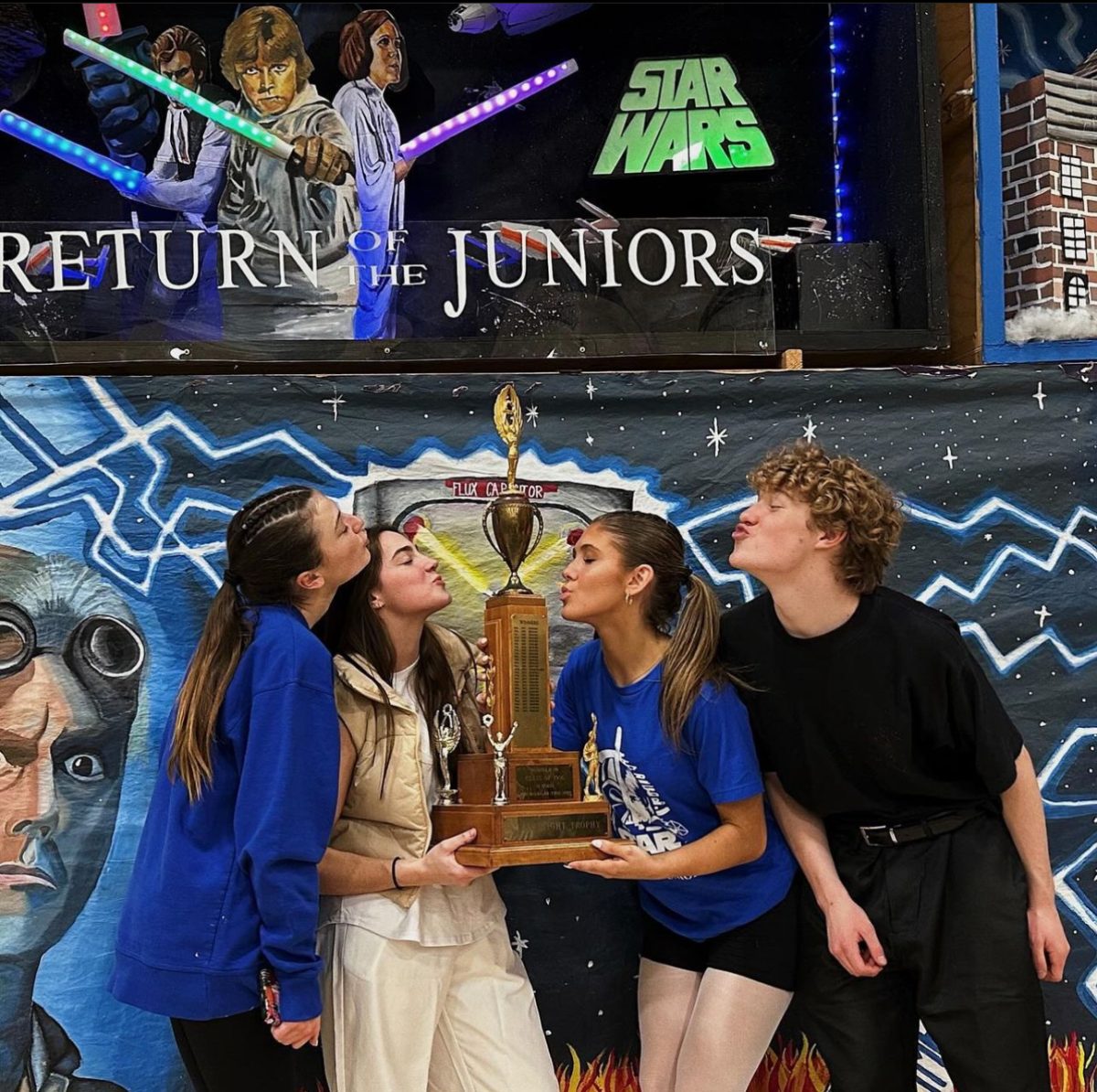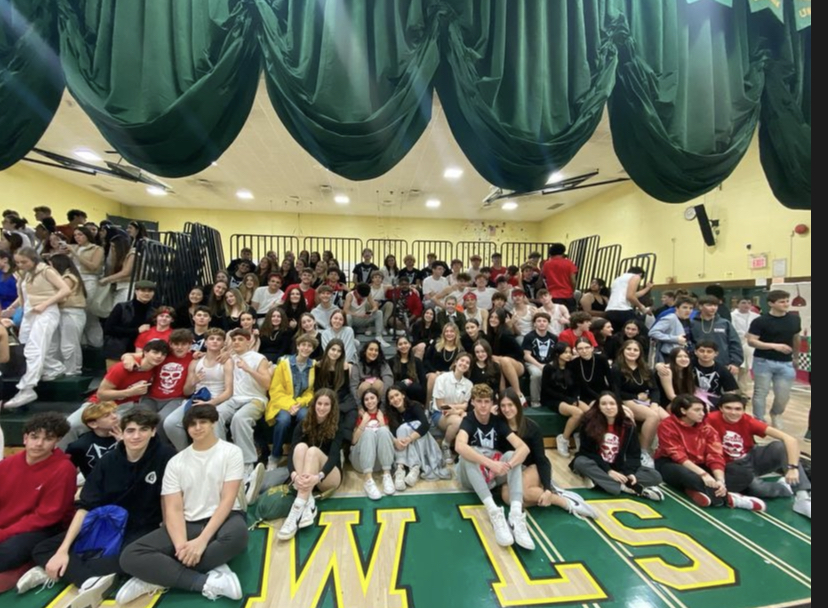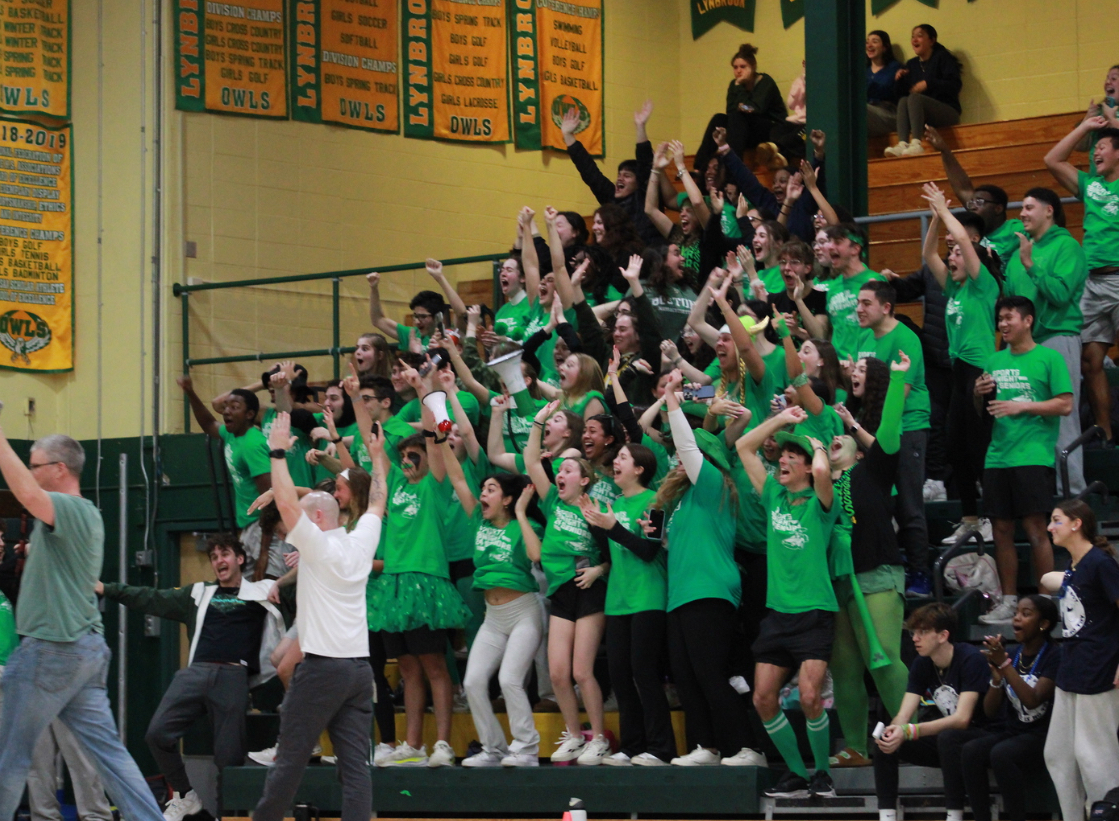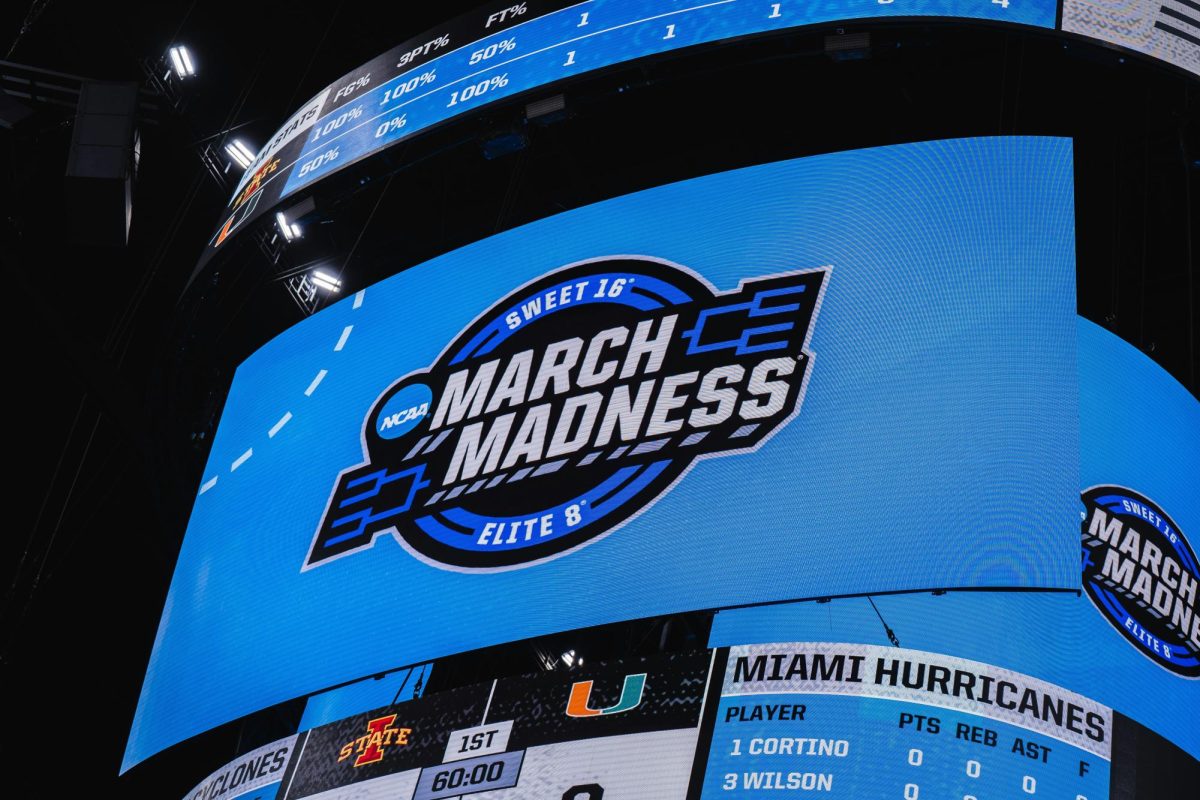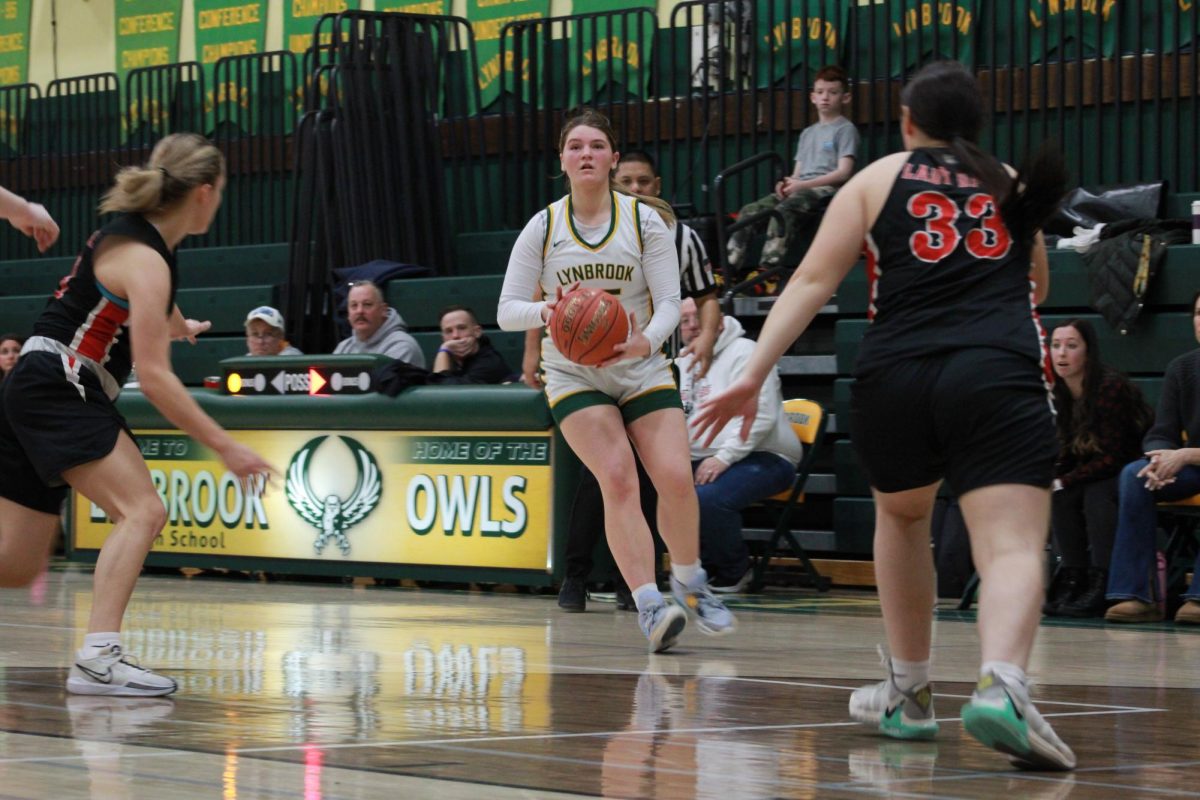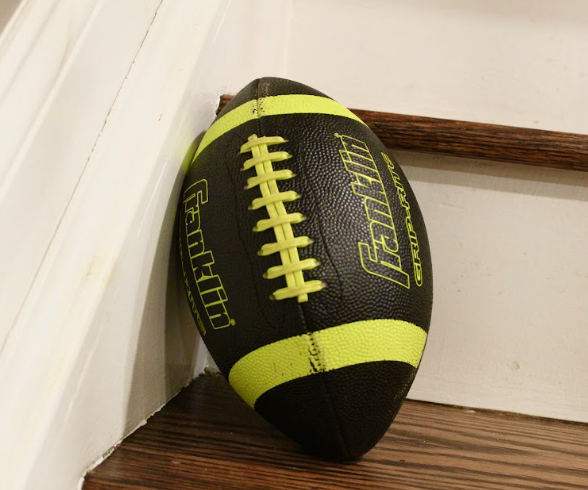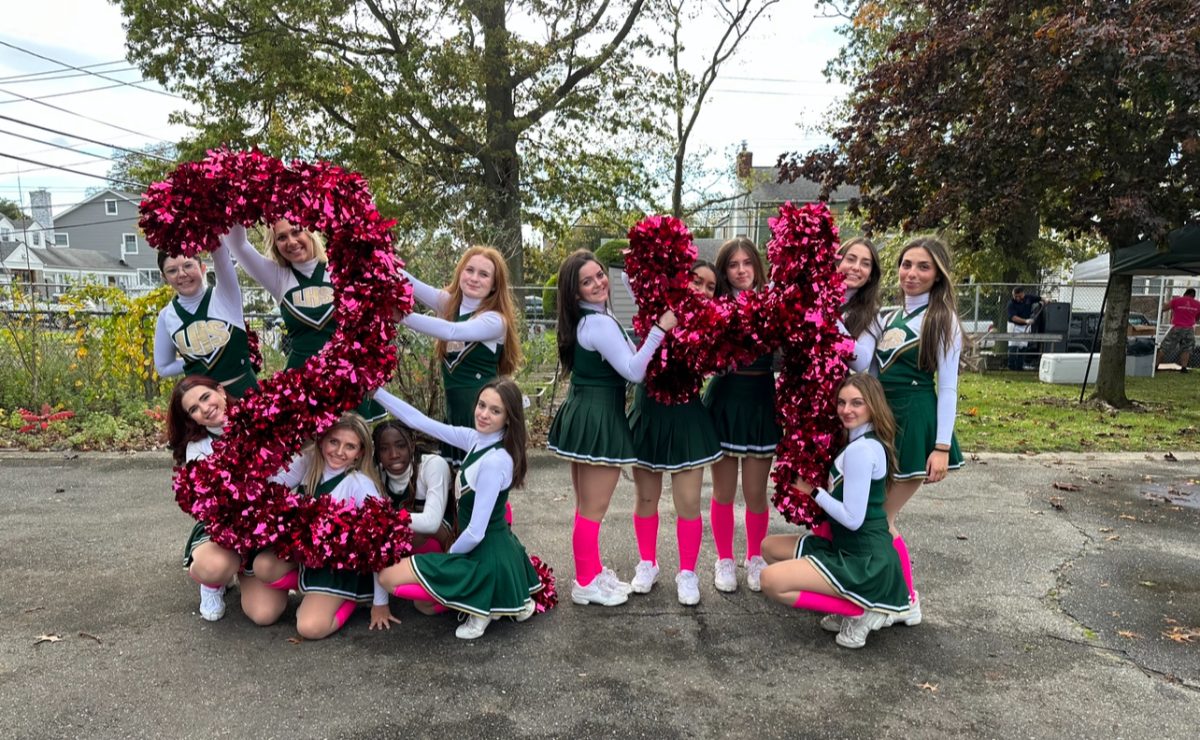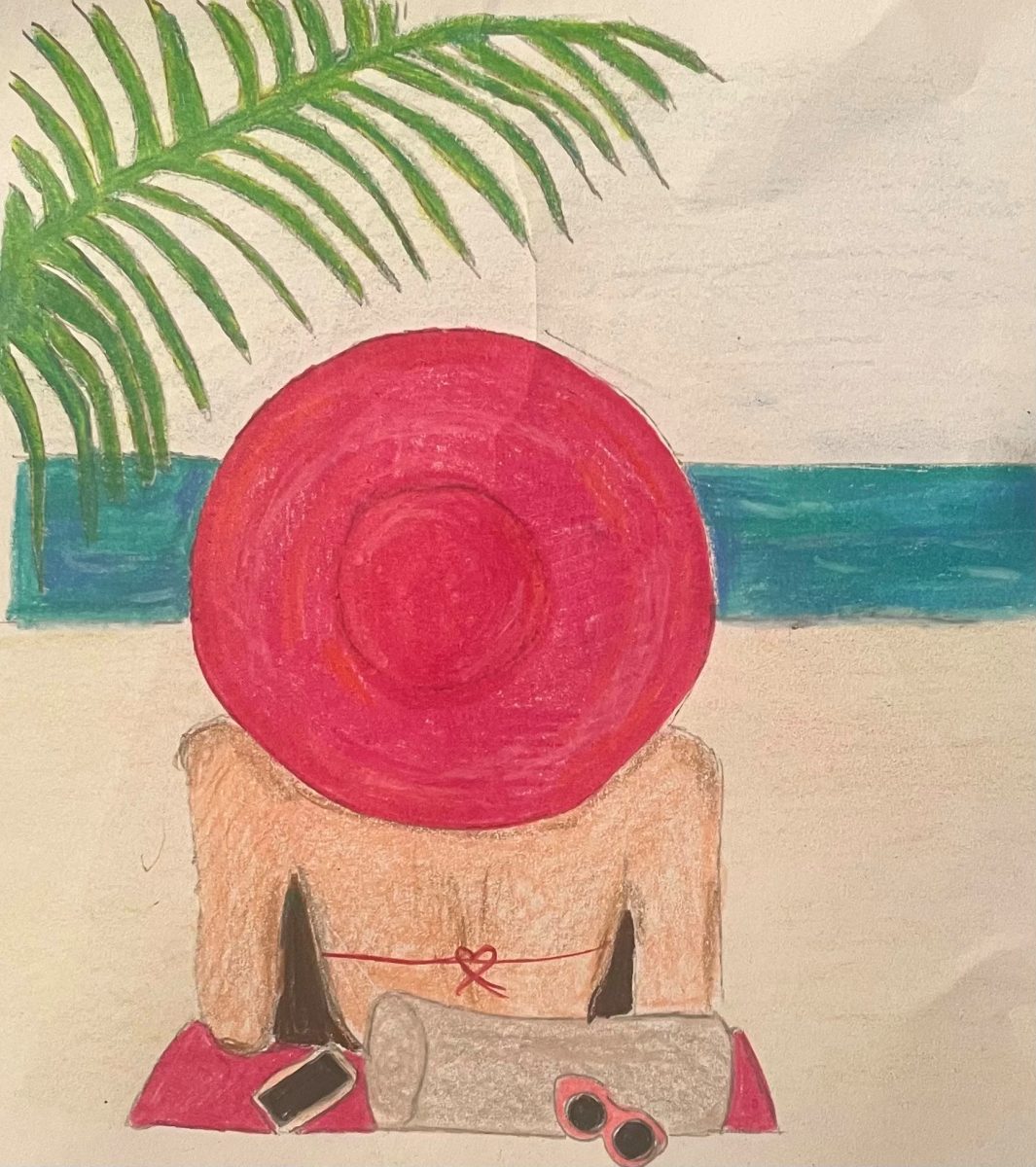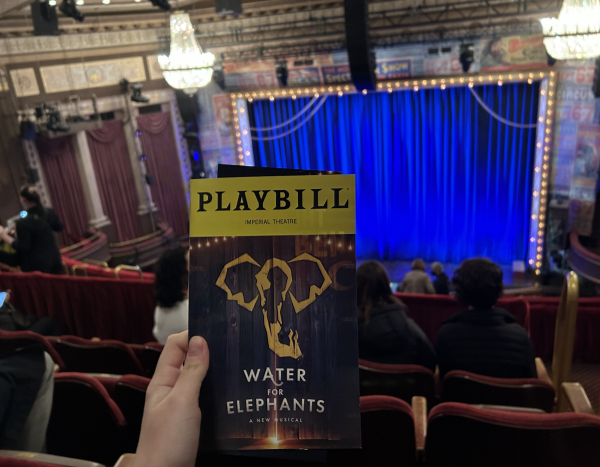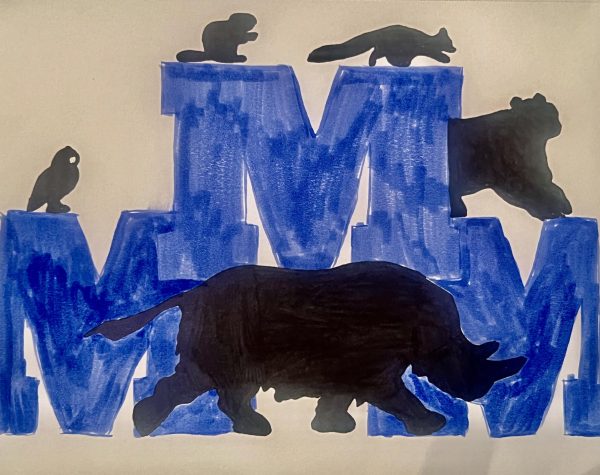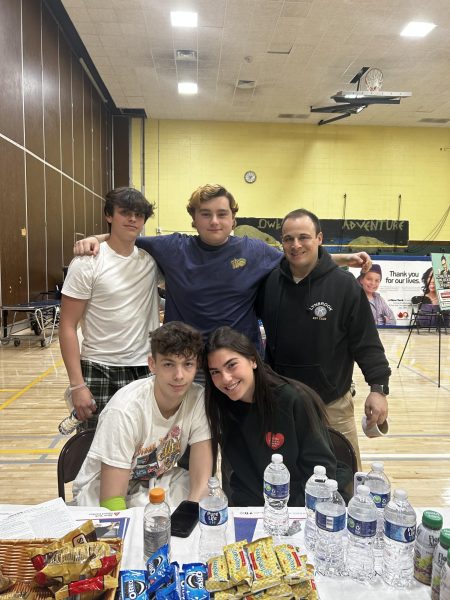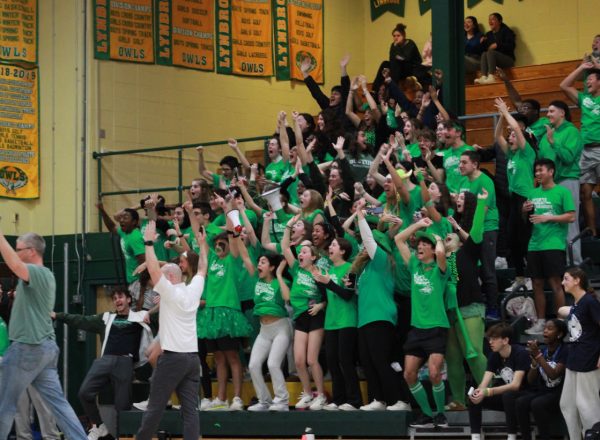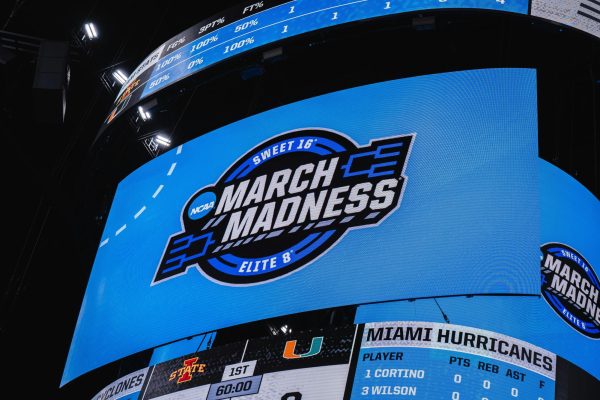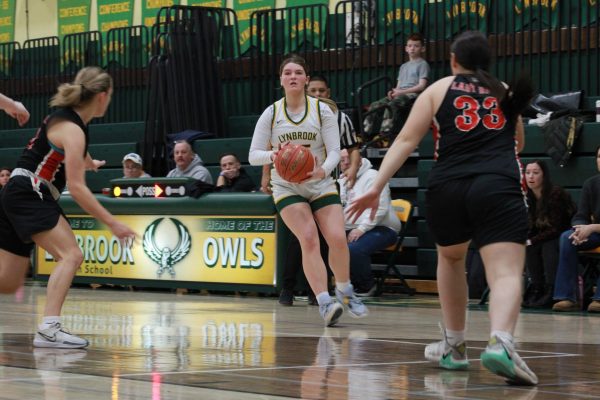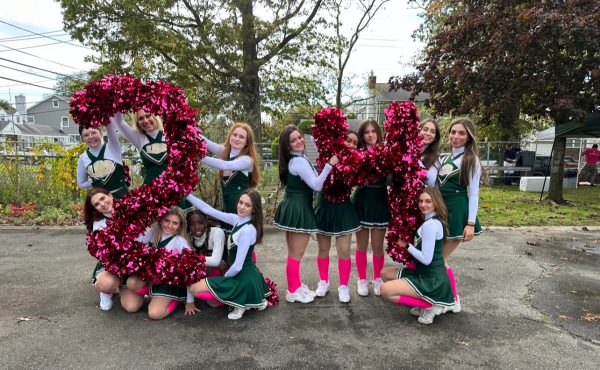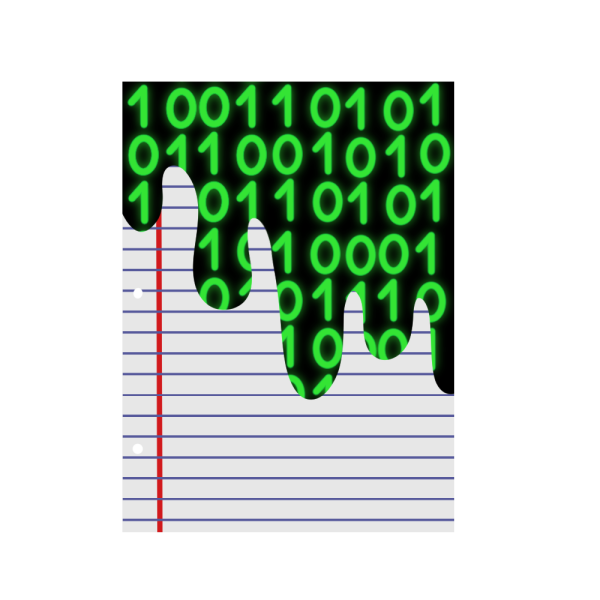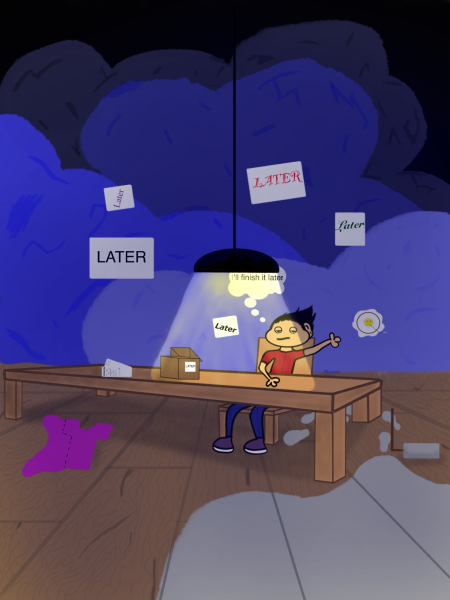Should NFL Players Be Allowed to Celebrate?
It was a frigid January night in Green Bay as division foes the Green Bay Packers and the Minnesota Vikings squared off in the 2005 NFC wild card game. All-star receiver Randy Moss hauled in a long touchdown pass, which ended up sealing the game for The Vikings on enemy turf. After he scored, he did the unheard of: He mocked the fans with a mooning gesture. This was not the first, or last, outrageous celebration. Maybe it was the fact that the gesture was towards the fans, or maybe it was announcer Joe Buck’s epic reaction, but it seems that ever since that day, there has been a debate over what an appropriate touchdown celebration is.
Last year, through week 14, 18 players had been flagged for inappropriate celebrations. For a reference, throughout the entirety of the 2015 season, only seven such flags were thrown. Despite many things Roger Goodell has been blind to over his career as NFL commissioner, he realized he needed to do something about all the penalty flags being thrown for harmless celebrations. This offseason, the NFL passed new rules regarding celebrations, and although some are still flagged, the majority of fun, harmless celebrations have gone unpenalized.
I’m pro celebration, but if the celebration takes too long, it should be flagged.
— Drew Bidart, math teacher
As a person who watches the NFL every Sunday, I can confirm that most of these dances are funny and make watching the game even more enjoyable. That being said, there is a line where fun and ridiculous turns into rude and offensive. Nick Focarazzo, a sophomore, said, “ I think the celebrations are okay, but some players go over the top.” This statement seems to echo the opinion of many NFL fans, and this year, very few clean celebrations have been flagged.
Another factor that must be considered when talking about the celebration debate is the effect on the next play. Once a team scores a touchdown, the play clock for the next play or the PAT (point after try) begins. If a players celebration is too long and it does not allow the next play to occur, it is a delay of game, which turns a 33-yard extra point into a 38-yard extra point, or a two-yard/two-point conversion into a seven-yard/two-point conversion. A prime example of this was in the Week Two match up of the Steelers vs. the Vikings. The Steelers scored a touchdown and planned to go for two, but because of their lengthy celebration, they had to settle for a kick. Drew Bidart, a math teacher and NFL fan, said, “I’m pro celebration, but if the celebration takes too long, it should be flagged.” At the end of the day, it is the players’ responsibility to know their celebration cannot take too long or their teams will be penalized.
It seems that the NFL may be finally ditching its distinction of being the “No Fun League.” In a time when one cannot seem to find a game on without seeing players’ political opinions, these celebrations bring a sense of childlike simplicity that have seemed to be missing from the NFL in recent seasons. If more relaxed celebration rules mean a couple of dances that cross the line, so be it. With a new generation of NFL players, different standards of what is okay and what is not okay in a celebration had to be established, and through the first ten weeks of the season, the NFL has seemed to do just that.
I am a sophomore at Lynbrook High School, and a contributor to Horizon. I enjoy watching and playing sports with friends.

